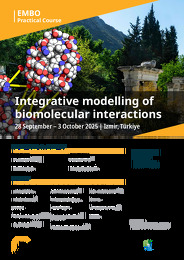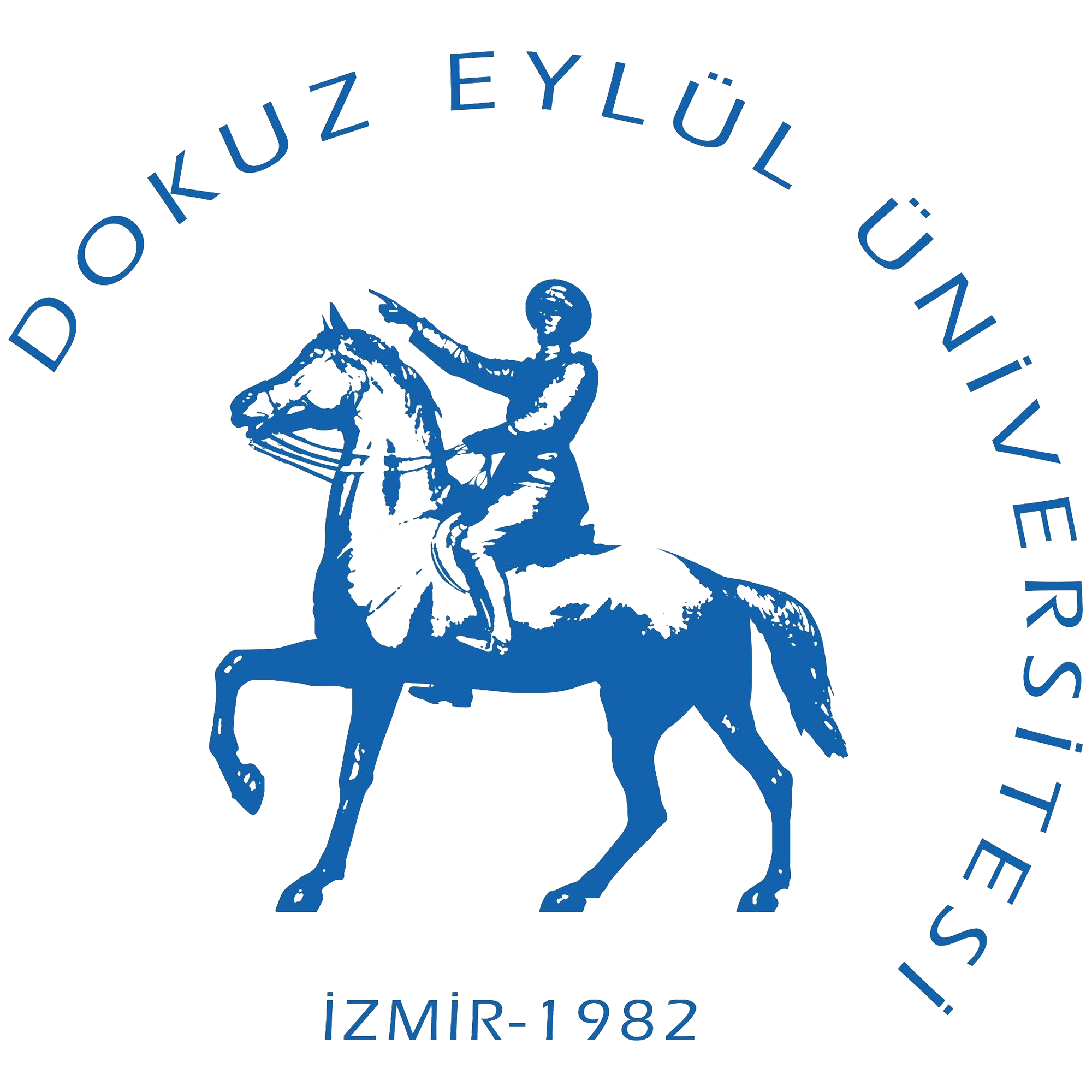About the Practical Course
Experimental structural studies of interactions can be costly, low-throughput, and challenging. Therefore, computational methods aiming to model protein complexes are particularly valuable. The accurate modeling of multi-scale protein interactions often requires the use of experimental data during modeling. Researchers will thus benefit tremendously from learning how to use integrative modeling methods and AI tools, which will open the possibility for hypothesis generation and testing.
Within this context, this EMBO Practical Course is designed to teach computational approaches and recent AI developments for predicting how proteins interact with other biomolecules or ligands. We provide theoretical and applied background on state-of-the-art algorithms for modeling biomolecular complexes, the use of low- and high-resolution experimental data, molecular dynamics information, coevolution-based interface predictions, as well as AI-based structure prediction techniques. By uniting different computational expertise under the umbrella of this course, we create a platform to stimulate discussions on modeling challenging systems, such as molecular machines.
Roughly half of our course will consist of practical sessions where the participants will run computations on interesting biological problems. To encourage interaction between the tutors and participants and stimulate discussions, the participants will be prompted to present their own research, both in flash presentations and poster sessions and to bring their own research problems to dedicated troubleshooting sessions.
About EMBO Courses and Workshops
EMBO Courses and Workshops are selected for their excellent scientific quality and timelines, provision of good networking activities for all participants and speaker gender diversity (at least 40% of speakers must be from the underrepresented gender).
Organisers are encouraged to implement measures to make the meeting environmentally more sustainable.






